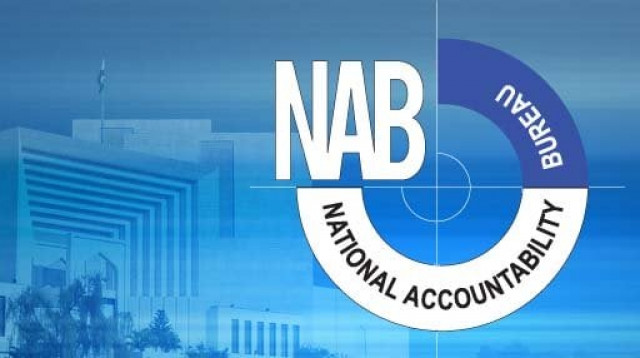NAB can file supplementary reference: AC
Says there is no other way to present new evidence during trial of a graft case

An accountability court has noted that the chairman of the country’s top graft buster – the National Accountability Bureau (NAB) – has the authority to file a supplementary reference against an accused if the investigation officer (IO) discovers new, incriminating evidence.
“A supplementary reference can be filed as there is no other way to submit such evidence during trial before a trial court,” said the written order issued by Islamabad Accountability Court-II judge Azam Khan on former president Asif Ali Zardari’s applications to quash three separate supplementary references.
The accountability court on September 23 rejected the applications of the former president and announced that it would indict Zardari and other accused in the supplementary references tagged as fake bank accounts, Park Lane and Thatta water supply cases.
At an earlier hearing, the court had reserved its order on the applications. However, on Wednesday, the court announced to indict Zardari and other accused and summoned them again on September 28.
The court’s written order said neither the National Accountability Ordinance (NAO) 1999 – the law that governs NAB – nor any other law of the country bars the NAB chairman from filing a supplementary reference against an accused.
“Hence the court is of the view that both the objections raised by the accused petitioner counsel for the quashment of the supplementary reference[s] are without any merit.
“Consequently, the instant application[s] for the quashment of supplementary reference[s] is dismissed being without any merit,” the order read.
Zardari’s counsel Farooq H Naek had contended that NAB chairman has no power or jurisdiction to file a supplementary reference “under section 18(g) read with section 24(b) of NAO, 1999.”
“The second reference filed against the accused/petitioner being supplementary reference to the previous reference is in fact meant to place additional evidence before the court on the same subject matter which has been subsequently discovered…
“The court is not bound to proceed further without taking cognizance on the basis of fresh material in the supplementary reference. That cognizance in the instant case has not been taken by the court and the instant supplementary reference is liable to be quashed on this score alone,” he said.



















COMMENTS
Comments are moderated and generally will be posted if they are on-topic and not abusive.
For more information, please see our Comments FAQ